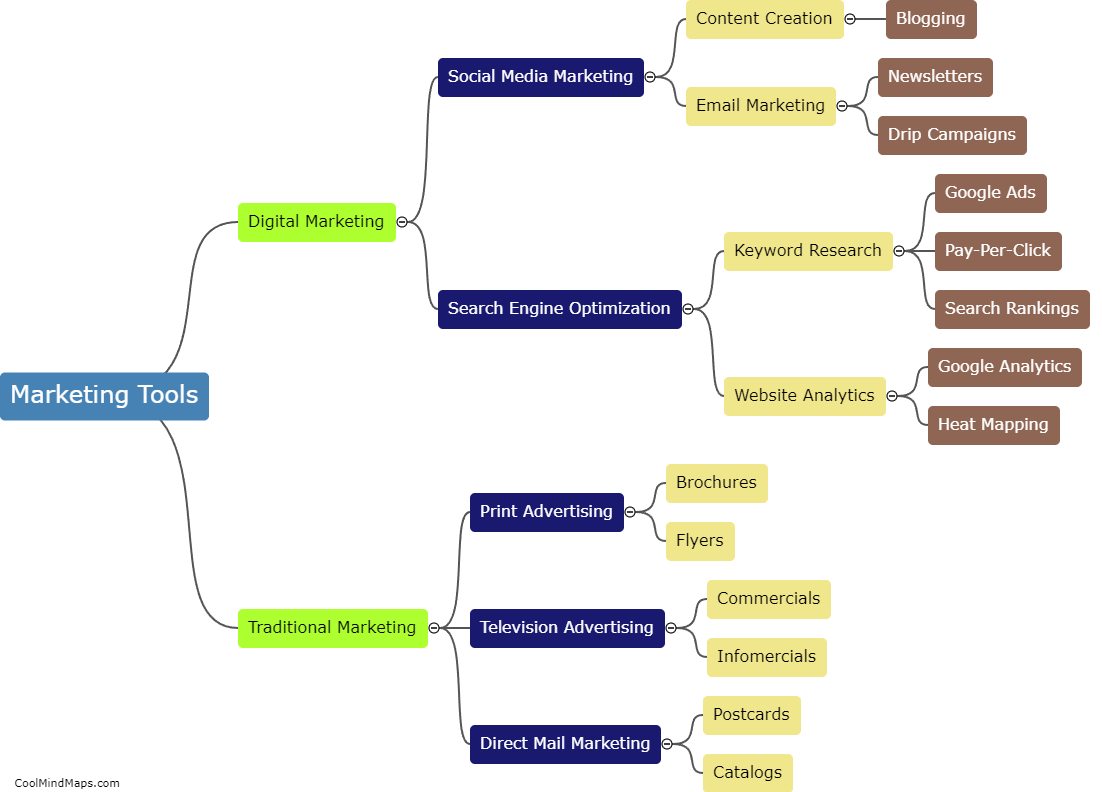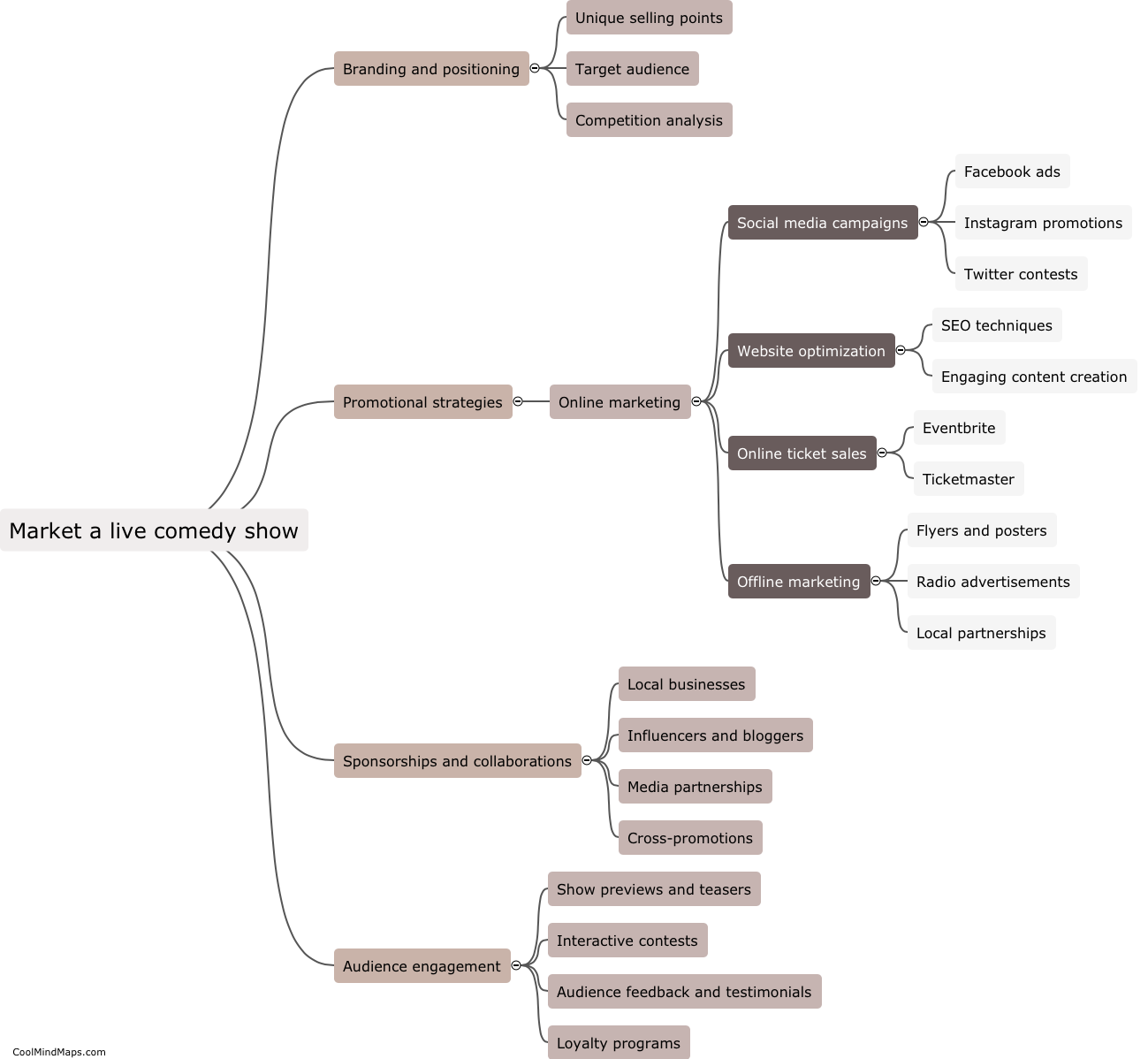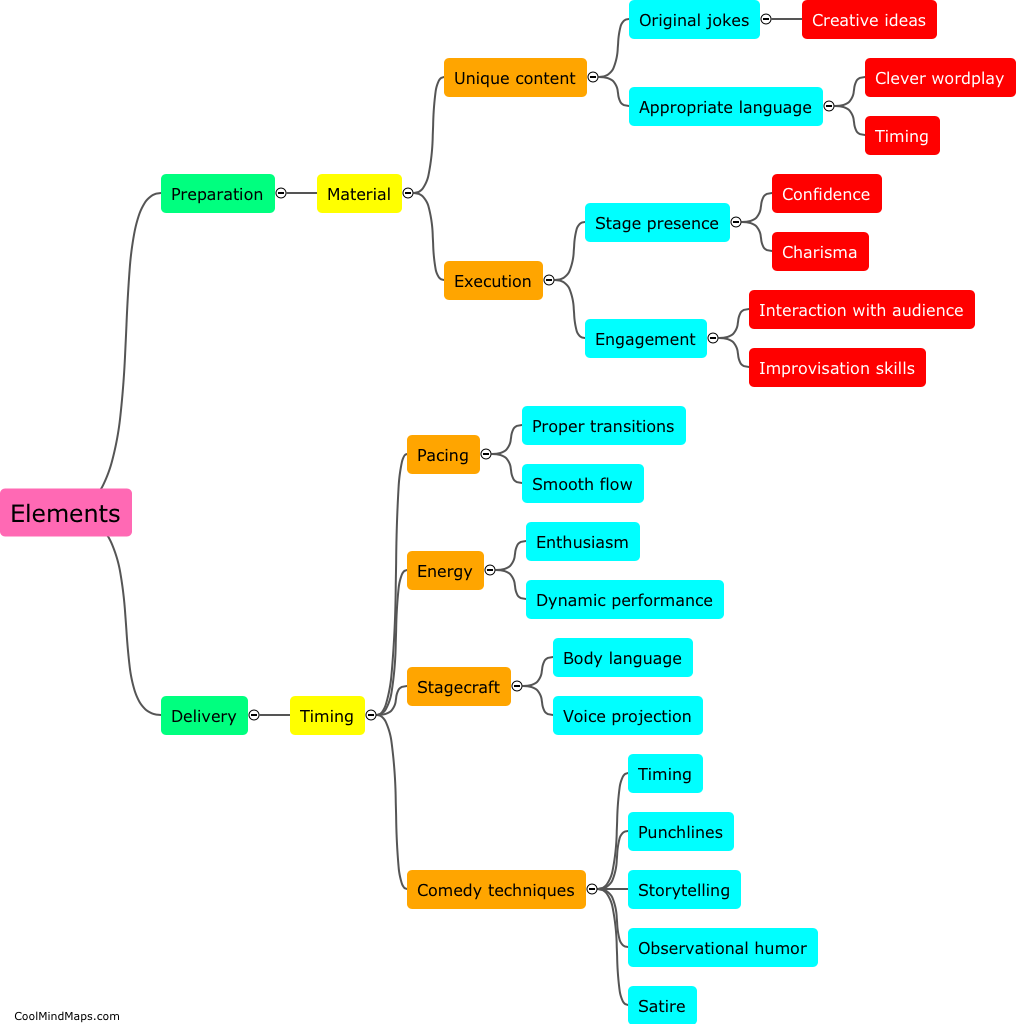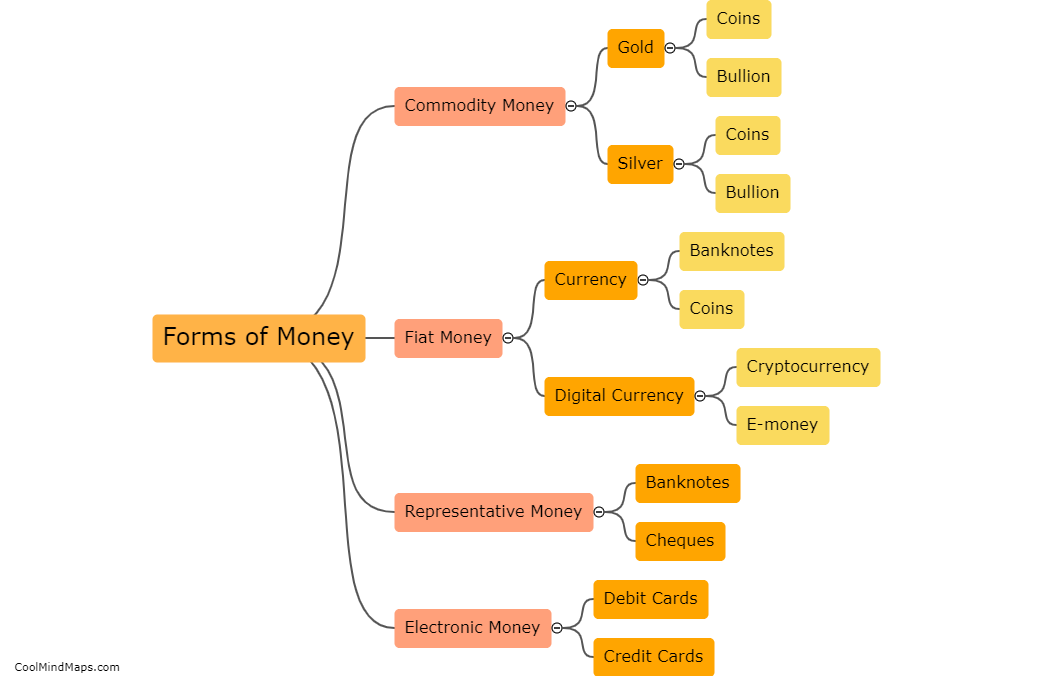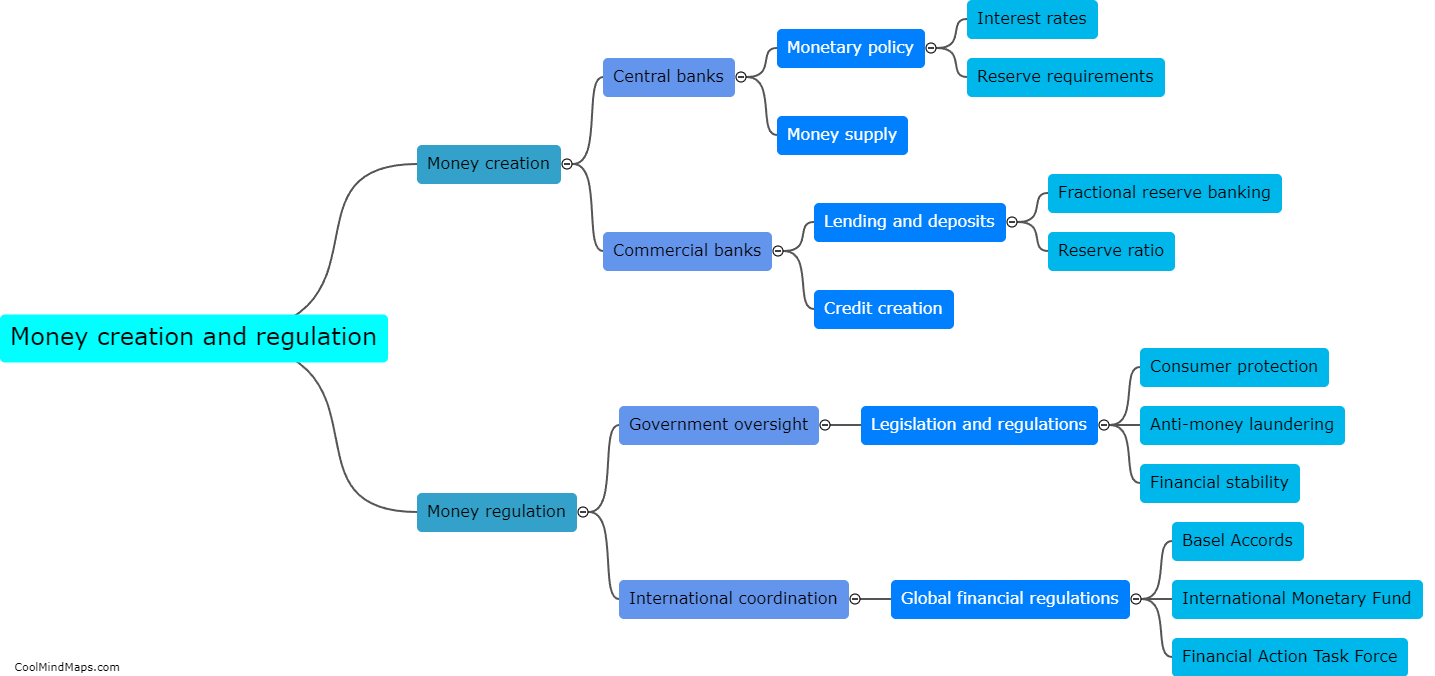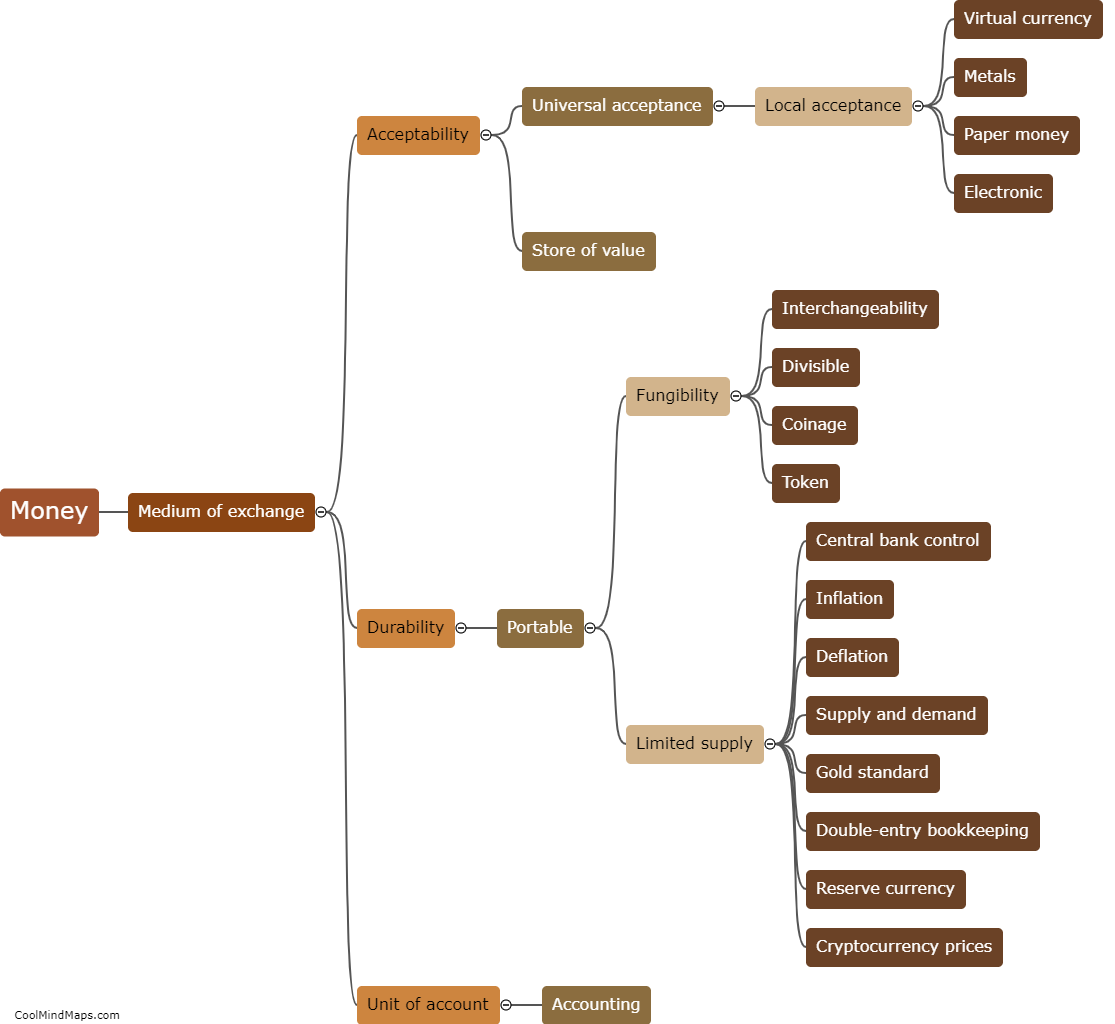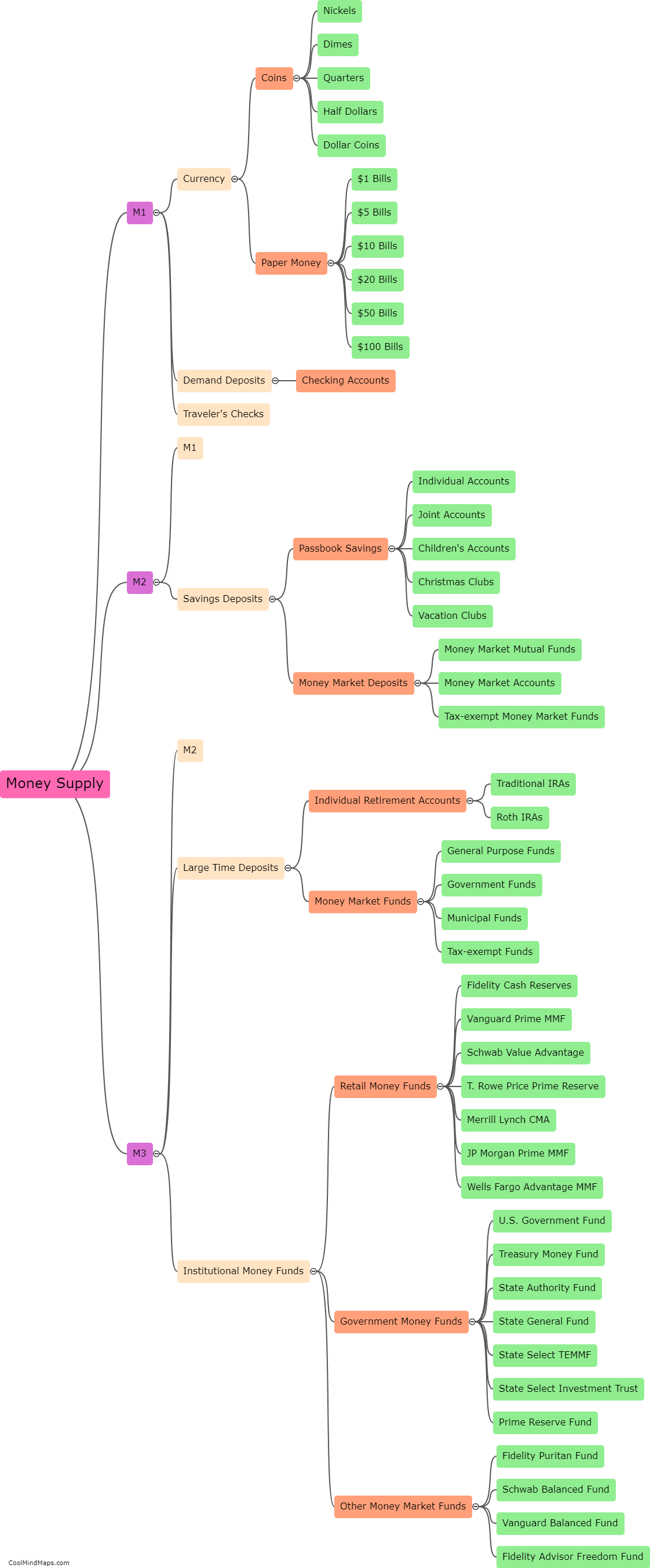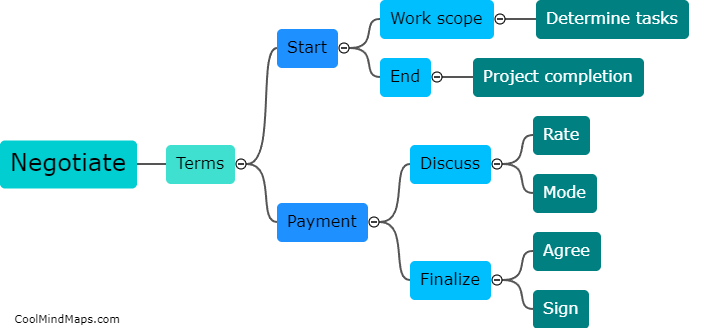How does money impact the economy?
Money plays a crucial role in influencing and impacting the economy in numerous ways. Firstly, money serves as a medium of exchange, facilitating the seamless transaction of goods and services. It enables individuals and businesses to trade and allocate resources efficiently, promoting economic activity and growth. Additionally, money acts as a unit of account, providing a standardized measurement for the value of goods, services, and assets. This facilitates price determination and helps in making informed economic decisions. Furthermore, money serves as a store of value, allowing individuals to accumulate wealth and save for future investments. It also provides liquidity, ensuring that individuals and businesses have access to funds when needed. The amount of money in circulation, as well as its velocity, impact inflation, interest rates, and overall economic stability. Central banks play a vital role in managing money supply through financial policies and tools to maintain price stability and promote economic growth. Thus, money serves as the lifeblood of the economy, influencing various aspects of economic activity and influencing its overall health and performance.
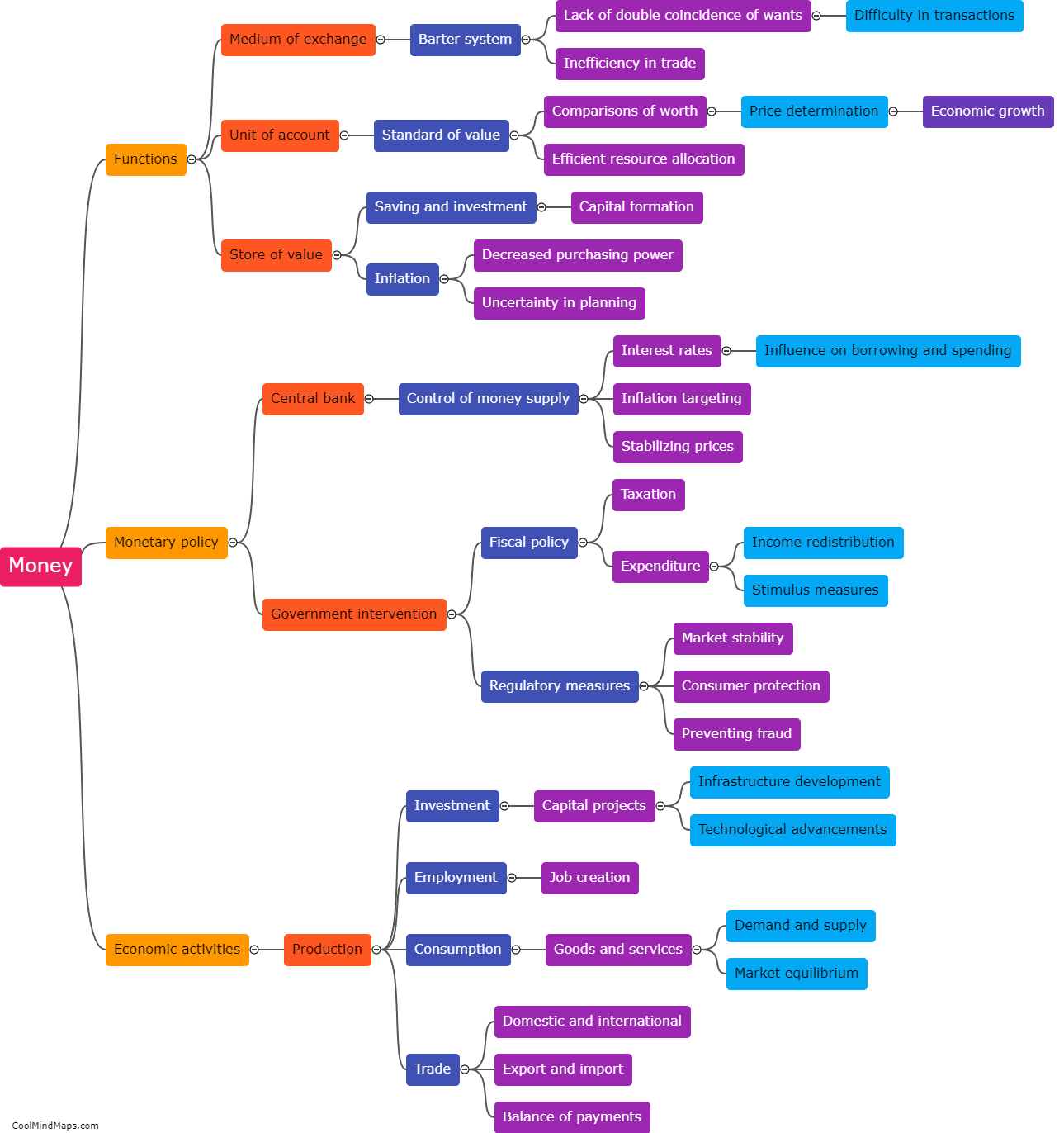
This mind map was published on 19 September 2023 and has been viewed 115 times.
